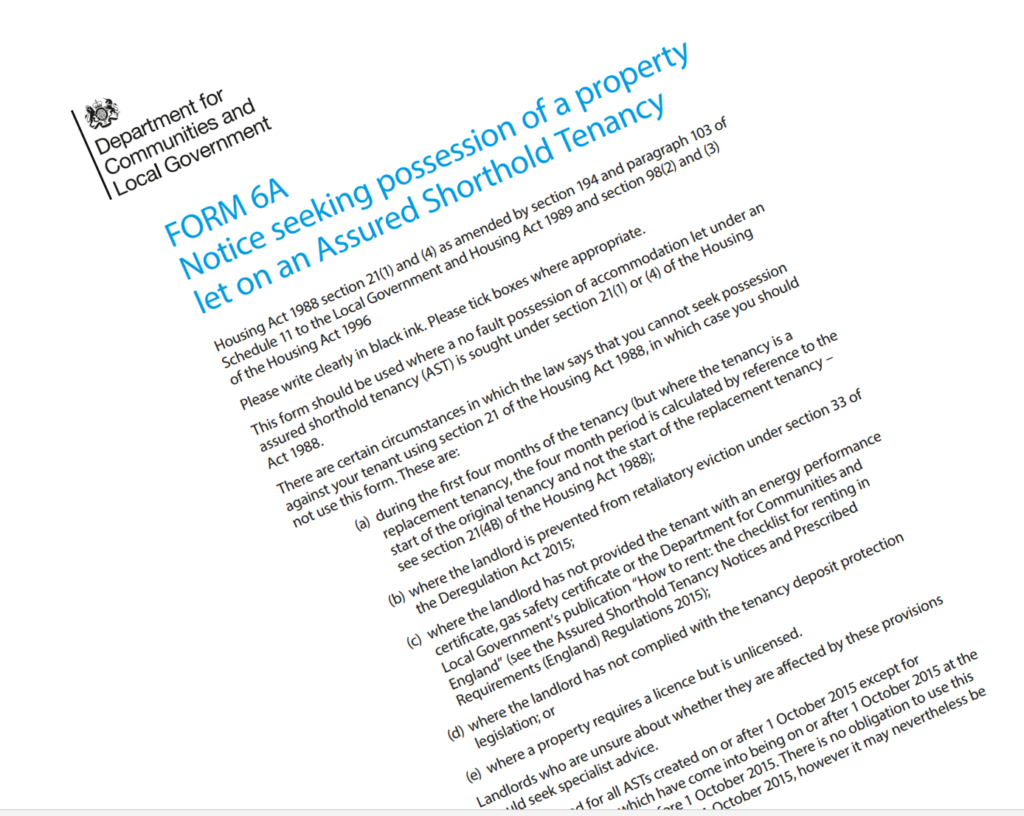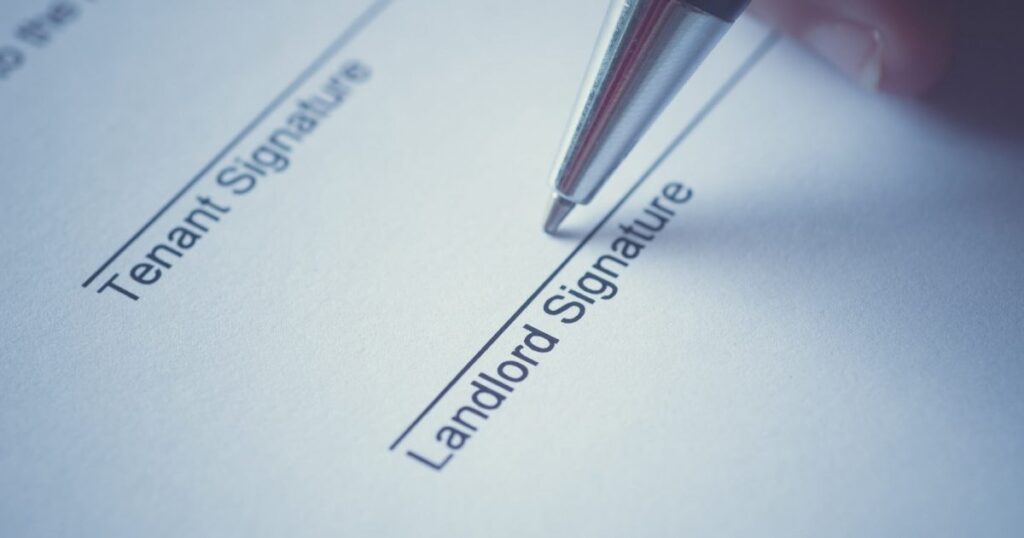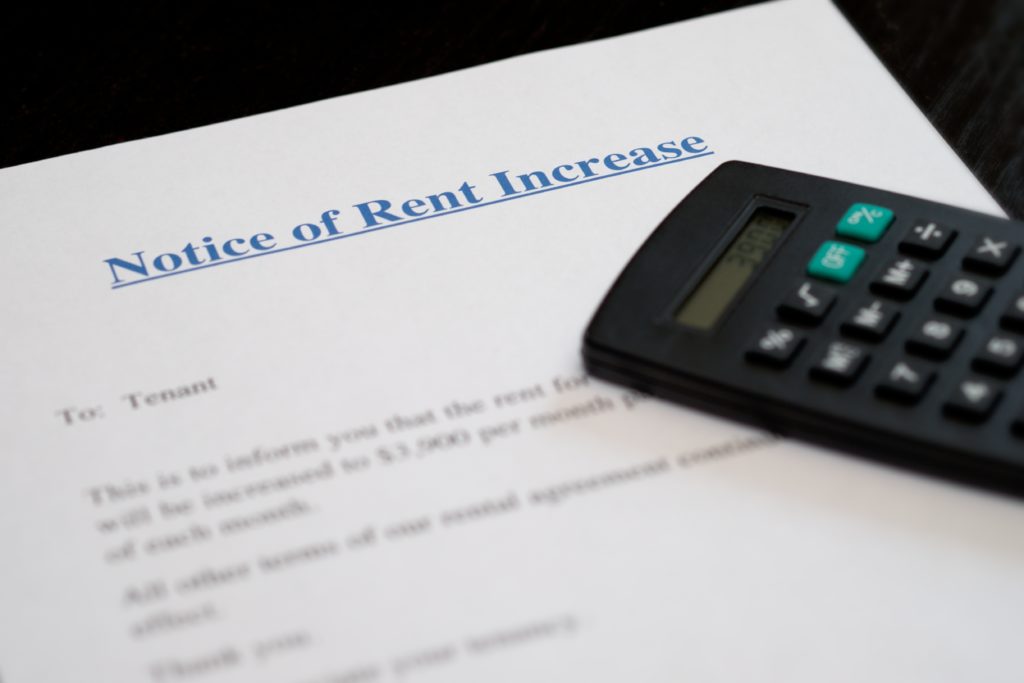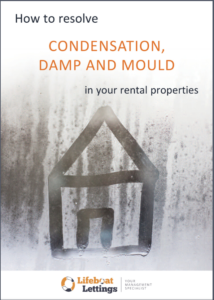
The government has published its Renters’ (Reform) Bill, through which they have promised to deliver a fairer lettings system for tenants and landlords in England. Considered by many as a “once-in-a-generation overhaul of housing laws”, landlords have been keeping a close eye on the contents of the bill. At a high level the bill promises to:
- Make it generally harder to evict tenants, providing more certainty and security for the tenant.
- Make it easier for renters to have pets and to outlaw discrimination based on tenant demographics.
- Introduce a Decent Homes Standard.
- Make landlords join a mandatory Ombudsman scheme.
As both landlords and letting agents, we are advising our clients not to panic but to take a pragmatic approach and digest the contents of this bill before making significant financial decisions. So, in this article we will look in detail at the contents of the bill and what the potential implications will be.
Firstly, a recap – what is the Renters’ (Reform) Bill?
The Renters’ (Reform) Bill was first introduced as a concept in 2019 by the then Prime Minister Theresa May. However, subsequently it faced a number of delays due to the Covid-19 pandemic.
Its main purpose is to address what has been described by many stakeholders as an ‘imbalance’ between tenants and landlords. It is hoped that this will provide more security for tenants and improve standards in the Private Rented Sector. Whether it achieves this aim of course is the key thing that everyone will be looking for over the coming months and years.
What are the timelines?
The timings of when this Bill will become law are still unclear. It is however understood that the Bill will be carried over to the King’s speech with the aim of it getting Royal Assent in Spring 2024.
After this stage, there will need to be a transitory period for the contents of the Bill and the new laws to be applied to existing and new tenancies. It is understood that there would be a lead in time of 6 months for new tenancies and a further year to apply the laws to existing tenancies.
How will the Bill impact landlords?
The Renters’ (Reform) Bill contains several important elements that will affect how landlords let their properties and manage their tenancies:
- The abolition of Section 21, so-called ‘no fault’ eviction.
- The end of fixed term tenancies.
- Changes to landlord grounds for possession via the Section 8 notice.
- A ban on discrimination against applicants based on ‘demographics’ alone (e.g. not renting to families, or those on benefits).
- Make it easier for tenants to keep a pet.
- Introduction of The Decent Homes Standard.
- Introduction of a landlord portal and a requirement to join a new Ombudsman scheme.
- Changes to how rents are reviewed and increased notice periods for rent increases.
We will now go through each of theses key areas in more detail:
The Abolition of Section 21
This is the single biggest change in the Bill and is the one which is causing landlords the most concern. In future, all repossessions will need to be based on an approved reason provided by the landlord through a notice under Section 8 of the Housing Act 1988. A Landlord cannot simply just decide that they no longer want to let out the property to that individual – taking away a basic freedom. The Section 8 structure remains largely the same, although the various grounds for possession in Schedule 2 of the 1988 Act have been extensively re-worked.

So why make the change?
The abolition of Section 21 route to possession is, in the government’s own words, designed to “empower renters to challenge poor landlords without fear of losing their home.” This means tenancies will only end if the tenant decides to end them, or if the landlord has grounds for possession under Section 8.
What will the likely impact be for landlords?
It is too early to say what the exact impact will be for landlords, but certainly many landlords are extremely concerned about the loss of this fundamental tool to regain their properties without the need to give a reason. However, data shows that currently only around 6% of tenants are evicted this way, so in theory, this shouldn’t have too much of an impact on landlords – superficially at least. Further, the Bill promises to strengthen grounds for possession under Section 8 and improve court processes, so landlords have been promised that they can quickly and effectively regain access to their properties when a tenant fails to meet their obligations or is in breach of contract. As always though, the devil is in the detail of whether all these elements come together effectively. So, the jury is currently out.
The End of Fixed Term Tenancies
The Renters’ (Reform) Bill will abolish all fixed term tenancies, instead all agreements will be periodic from day one. Tenants will need to give the landlord a notice period of two months to exit their tenancy under the new periodic tenancy rules and notice periods of longer than two months will be banned.

So why make the change?
The idea is that the abolition of fixed term tenancies will leave tenants free to give notice at any stage during their tenancy, awarding them far more freedom than they currently have.
What will the likely impact be for landlords?
Landlords will be able to give their tenants two months’ notice if they wish to sell or move into their rental property, with notice periods for other grounds (such as anti-social behaviour or rent arrears) varying. Landlords will be forbidden from creating – or trying to create – fixed term tenancies.
Again, it is not clear what the likely impact on landlords will be, but evidence from the introduction of this law in Scotland would indicate that it had very little effect on landlords. The reason cited for this is the complexity involved for the tenant in moving, with tenants having to find another deposit and set up utility accounts again. However, this may be less of a deterrent for tenants in HMOs, where there could be a risk of increase ‘turnover’ of tenants and hence running costs for the landlord.
A note on holiday lets and periodic tenancies
It is common practice for landlords who let their properties as short term or holiday lets over the Summer months, to then let on an assured shorthold tenancy (AST) over the Winter.
Under the new Bill, a landlord will have no grounds to obtain possession nor certainty that the property will be available for the holiday season. This could reduce longer term accommodation availability, with holiday let owners keeping their properties vacant in the off season.
Changes to Section 8: Landlord Grounds for Possession
To protect responsible landlords, the Renters’ (Reform) Bill will overhaul the Section 8 grounds for possession. This means a landlord will be able to:
- Move into their rental property if they need to.
- Regain possession from tenants in rent arrears.
- Sell their rental property when they need to.
- Regain possession from anti-social tenants.
Many grounds will become mandatory, meaning a landlord will have more certainty in court. Let’s look at some of these grounds in more detail:
Landlord moving into rental property.
Current rules state that a Section 8 notice can be served if the landlord wants to move into their rental property and live in it as their main home. However, this doesn’t extend to their children or other family members. As part of the Renters’ (Reform) Bill, a new Section 8 ground will be introduced which will allow a landlord and close members of their family to move in. This ground can’t be used in the first six months of the tenancy and tenants would need to be given two months’ notice.
Rental arrears ground amendments.
Under new Section 8 rules regarding rental arrears, a landlord will be able to use a new mandatory ground for persistent and recurring rent arrears, if their tenant has been in at least two months of arrears on at least three occasions in the past three years. This will apply even if the tenant is not currently in two months of arrears when the hearing reaches court. If this ground is proven, the landlord will only need to give their tenant four weeks’ notice to leave the property.

Selling your property.
If a landlord wishes to sell their property, they will be able to do so using a Section 8 ground under the new legislation. The current mortgage repossession ground will remain, with new grounds created for other circumstances where they wish to sell.
For the first six months of a tenancy, however, these grounds can’t be used, while tenants will also require two months’ notice of their intention to sell.
Anti-social behaviour ground amendments.
In the case of serious anti-social or criminal behaviour from a tenant, notice periods will be reduced to two weeks. Landlords will still need to provide proof of this behaviour, which may hold up proceedings. However, for evictions that end up in the courts, the government has promised to digitise the process, with the aim of reducing delays.
Renting to Tenants with Pets.

It will be illegal to advertise a ‘blanket ban’ on letting properties to tenants with pets. All tenants will therefore be allowed to keep a pet, but only if the landlord consents. This consent cannot be unreasonably refused or withheld. Refusal or consent must be given within 42 days of permission being sought by the tenant.
So why make the change?
In a bid to empower tenants, the Renters’ (Reform) Bill pledges to ensure landlords do not unreasonably withhold consent when a tenant requests to keep a pet. Tenants will also be able to challenge refusals.
What will the likely impact be for landlords?
In a change to the Tenant Fees Act 2019, landlords can insist that the tenant obtains pet insurance. Landlords are also not automatically compelled to allow a pet. This is good news for landlords. However, more detail on this element of the Bill is needed, especially when it comes to properties where pets are banned in the headlease, or Houses in Multiple Occupation (HMOs) where the needs of other tenants will need to be considered.
The Decent Homes Standard.
It’s estimated around 12% of rental properties in the UK “pose an imminent risk to the health and safety of tenants” according to the original white paper for this Bill. Under any new legislation, the Decent Homes Standard would be applied to the Private Rented Sector for the first time.
So why make the change?
According to Housing Secretary Michael Gove, “Too many renters are living in damp, unsafe, cold homes, powerless to put things right, and with the threat of sudden eviction hanging over them.”
“This government is determined to tackle these injustices by offering a ‘New Deal’ to those living in the Private Rented Sector; one with quality, affordability, and fairness at its heart.”
What will the likely impact be for landlords?
Local council departments will be given greater powers to enforce the Decent Homes Standard and deal with landlords who don’t comply.

Ahead of this bill, several steps to raise property standards have already been taken, including the requirement for smoke and CO2 detectors and the implementation of the Homes (Fitness for Human Habitation) Act 2018 and Minimum Energy Efficiency Standards (MEES) in private rented homes.
We will be watching how this area of the Bill is implemented very closely. Ultimately, whilst most decent landlords will be keen to comply, the implementation of any necessary property improvements will come down to economic viability. We suspect that for some properties landlords will be left with no choice but to sell the property or raise rents significantly. Either way, there will be a natural upward pressure on rents as the market adjusts to any reduction in supply or improvement in quality and costs of provision of the product.
Landlord Portal and Ombudsman.
To help ease pressure on the court system with no Section 21 route being available, the Bill proposes a new Private Renters’ Ombudsman is created to help landlords and tenant disputes outside of the courtroom. A new property portal would also be introduced under the Bill, with landlords required to register their properties.

So why make the change?
The aim of the portal is to give tenants more transparent information on the standard of the property they wish to rent and local councils more details if or when problems arise at a property.
The portal will list landlords’ obligations and help tenants make better decisions when signing a new tenancy agreement.
What will the likely impact be for landlords?
It will be mandatory for all landlords to join the Ombudsman. However, landlords using a letting agent to manage their properties already benefit from those agents being part of mandatory redress schemes, so this is not a big departure from this situation. Importantly though, it is not currently clear what additional costs with fall on landlords as a consequence.
Rent Reviews and Increased Notice Periods.
Rent increases would be limited to once per year under the Bill, with the notice period required to inform tenants of a rise in rent, increased to two months from the current one month.
So why make the change?
In order to give more power to tenants, changes have been made to prevent landlords from making sudden and considerable increases to rent.
Tenants will now be able to challenge a rent increase that they feel is unfair. This will be reviewed to check that it is in line with market rents. In addition to this, rent review clauses that lock tenants into rises will be banned from tenancy agreements.

What will the likely impact be for landlords?
Landlords will no longer be able to include rent increase clauses in the tenancy agreement. They will only be able to increase rents using the Section 13 notice procedure, which can then be challenged by tenants.
In effect, the appeals process will then ensure the proposed rent increase is ‘in line with the market’.
This is another area of the Bill we will be watching closely. A naturally operating and unfettered ‘free market’ is exactly what it says – free – and it should therefore be self-managing and limiting if it is operating correctly and without intervention. Superficially, this proposal isn’t very different from the current system, and on paper, the changes are meant to make access to the appeals process easier. However, it may represent an unnecessary intervention in the free market. One potential unintended consequence is that Landlords who may previously have kept their rent levels below market rent, will now be forced to routinely increase their rents in line with the market on a yearly basis, so as not to trigger an appeal due to an apparently unnecessarily large increase.
Other Changes Included in the Renters’ (Reform) Bill.
No more blanket bans.
It will now become illegal for landlords and letting agents to apply blanket bans on renting to tenants with children or those on benefits.
Modifications to rental properties by tenants.

Although no exact details have been given in the Renters’ (Reform) Bill, tenants would be permitted to ‘modify’ rental properties, on the understanding that the properties are returned to their original condition at the end of a tenancy.
Lifetime deposits.
Although the plan for lifetime deposits was originally a focal point of the Renters’ (Reform) Bill’s early news coverage, it now appears to have been largely dropped from the Bill going forwards. Tenants would have had a deposit that travelled with them between rental properties under the original proposals.
Conclusion
The Renters (Reform) Bill has understandably caused much debate amongst property professionals and significant disturbance to the operation of the rental market in England. In the years since its initial announcement, there has been a significant reduction in the number of rental properties being advertised in the Private Rental Sector and consequential increase in rents nationwide based on simple free market economics. This has accelerated since the end of the COVID pandemic, due to other factors, such as rising costs for landlords – including but not limited to financial costs – set against a backdrop of ten plus years of increasing legislation and ‘meddling’ in the market by successive governments. The aims of the Bill – and previous efforts – are laudable, but it remains to be seen whether this will result in greater fairness, security, choice and lower costs for tenants. The evidence so far is that the opposite will be true. Governments need to recognise that ultimately letting property needs to be financially viable and attractive to the property owner and it will be this – not laws – that govern the availability – and thus security – of accommodation for the end customer – the tenant.
At Lifeboat Lettings we will always help and advise landlords and assist where we can.
If you would like some help with any of the subjects covered above or anything else relating to properties or lettings, please email contact@lifeboatlettings.com.




